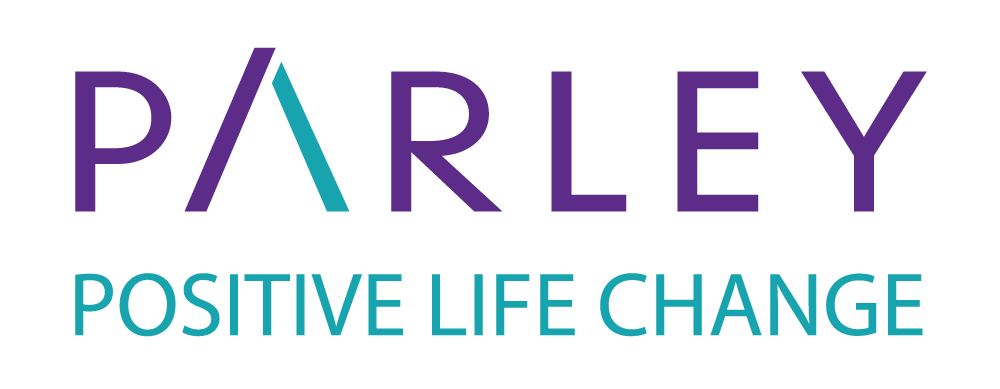This is a new series of blogs to analyse why so many of our partners have lost hope and optimism, because of services and supports that tell you what you can’t do instead of what you can do. Many of our partnerships are with people who feel dependent and helpless because their choice and control is dominated or usurped by the help, services or systems who are there to serve them. Thier dreams of the future get lost as challenges grow, despite receiving all the ‘help’ available to them through publicly funded systems.
This series in the blog will discuss how that occurs based on the experiences of the person served. The health care system and the people who work within it do a lot of great work, especially when it comes to managing physical/medical health issues. The medical system is designed to treat these issues. I have never had a complaint about my health care, it has always been exemplary. But I have watched the maltreatment and mistreatment of my clients for years.
It is the nature of bureaucracies to decide what you need and give it to you based on a limited set of criteria, and an even more limited budget. Publicly funded social services are becoming increasingly focused on cost-effective and time-limited service to reduce dependencies. But there is no cost benefit, when existing services are constrained in their knowledge and ability to support rehabilitation or recovery for cognitive, developmental, chronic mental health challenges, or challenging behaviour. Those issues manifest in a very distinctive way in many people, who don’t fit the ‘norm’. They can’t just be cut-off, or maintained in a sub-standard way, but that is happening.
I want to start by asking the hard questions about who gets the good care and who doesn’t and to analyse from there. I invite readers to send me your comments and stories as the series progresses. I can’t promise to use them all but I sure will try to consider and talk about the topics that you bring up.
My starting questions:
Why does a diagnosis often come with being labeled, disabled and stigmatized away from leading an accommodating and socially integrated life?
Why are the most vulnerable members of our communities required to live in poverty or homelessness if they want their independence?
Why is it easier for natural supports or families to place family members into care rather than be offered enough support for the family system to cope with and integrate their family member into the system that does care about them?
Why are medications rarely withdrawn, even when there is no quantifiable evidence that they are effective, or when symptoms have decreased over time and over life changes?
How can the healthcare system remove choice and control from a person indefinitely without providing clear outcomes and indicators of the treatment goals, and presenting clear data on their allegations of the individual’s incompetence and the system’s treatment effectiveness for them?
For the thousands of young people receiving long-term support through publicly funded systems, why isn’t the focus on rehabilitation and normalizing life to minimize or conclude those supports, so true job success is actually possible?
When a person is behaviourally reactive to their environment or the people who serve them, why is the response to increase the number of staff and isolate and control the person, when all of these interventions increase challenging behaviours rather than creating more safety?
Science has brought forward limitless possibilities for all recovery and particularly for people living with cognitive, developmental, chronic mental health challenges, or challenging behaviour. Why don’t we see the results in front-line treatment and support?
Why aren’t we using technology to actively protect people living with cognitive, developmental, chronic mental health challenges, or challenging behaviour when they are 80% more likely to be abused?

